Do I still need to wear a mask now that I’m fully vaccinated? And when will we no longer need to wear a mask?
To wear a mask or not to wear a mask is a question that has caused a lot of confusion across countries since the spread of COVID-19. Now that vaccines are available against the dreaded pandemic and more people are getting vaccinated, many people ask - Do I still need to wear a mask now that I’m fully vaccinated? The short answer is yes- you still need a mask. But if you are fully vaccinated and protected against COVID-19, surely it means you can’t catch or spread the virus? Not so fast, says the Center for Disease Control (CDC) and the World Health Organization (WHO). To understand why you need to wear a mask even after getting vaccinated, you must know what are the benefits of being fully vaccinated and how masks work.
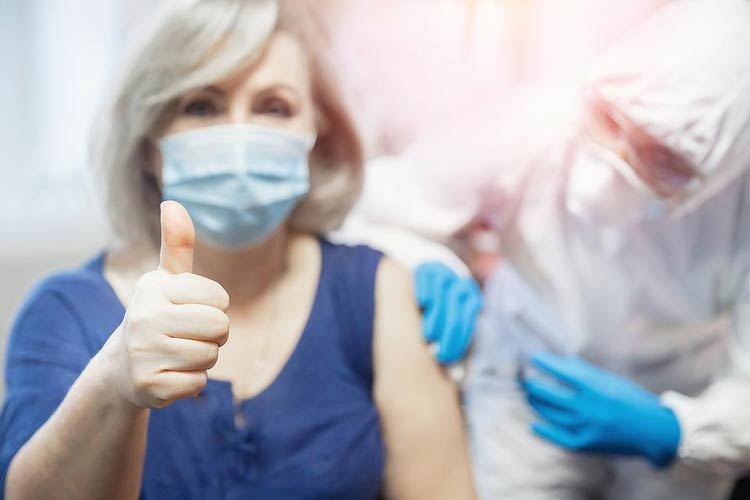 Are you fully vaccinated?
Are you fully vaccinated?According to the WHO’s Dr. Kate O’Brien, it takes two weeks after the first vaccine dose for immunity to kick in. The second dose boosts the first dose.
According to the CDC, you are considered to be fully vaccinated only:
You are not fully vaccinated if you don’t meet the above requirements.
Here’s what we know so far:
There is a lot we don’t understand about the COVID-19 vaccines. For instance:
Another pertinent point is the length of time the vaccines protect us. As of now, there is no clear information regarding that. Experts are still trying to understand more about vaccine-induced immunity.
What does all this mean?
That means you can be sure the vaccine plays a critical role in helping vaccinated people control the virus better. It also means the chances of a vaccinated person spreading the disease are significantly reduced. However:
The solution?
WHO’s Dr. Katherine O’Brien recommends that we continue to take precautions while we learn more about what the vaccines can do. Precautions include wearing a mask, washing our hands regularly, and keeping a distance of 6 feet (1.83 m) from other people.
Associate professor of medicine and University of Chicago Medicine’s infectious disease physician, Emily Landon, stresses the importance of reaching herd immunity. Herd immunity will only occur once a high percentage of the population becomes immune to the disease by either contracting COVID-19 or by getting vaccinated. Until then, we will need to continue taking precautions.
The nature of COVID-19 disease is such that you can’t look at a person and tell if they are infected. There is enough evidence now that pre-symptomatic and asymptomatic transmission of COVID-19 is possible. Wearing a mask can help prevent getting infected and infecting others. Several experiments have proved the efficacy of masks.
Droplets and aerosols spread during speech. The act of speaking can generate oral fluid droplets that range from 20-500 micrometers. These particles could harbor infectious viral particles. A laser light-scattering experiment 3 that studied droplets (and their trajectories) generated by speech revealed that nearly all the droplets are contained and blocked by wearing a mask.
One research 1 studied people who suffered from the common cold or influenza. Those who wore surgical masks, significantly reduced the number of respiratory viruses emitted through aerosols and droplets.
Another study 2 across 198 countries found that death rates are lower in countries with government policies or cultural norms that favored mask-wearing.
The above are just three of multiple studies that have proved the efficacy of masks.
There are several case reports of people who have suffered from COVID-19 but not infected others because they wore masks. One such report is of a man who flew from China to Toronto 4 who tested positive but did not infect any of the passengers sitting closest to him. Another account is of two hairstylists in Missouri 5 who came in close contact with 140 clients while they were sick. However, none of the clients tested positive for COVID-19.
Health experts agree there is enough evidence now to believe with utmost surety that masks effectively contain the spread of COVID-19 and that the more people wearing masks, the better. However, remember that masks alone will not prevent the spread of infection. It is also vital to wash our hands regularly and practice social distancing.
Some masks are better than others. The two most common types are cloth masks and surgical masks. While cloth masks are pretty effective, they must be washed every day before reuse. On the other hand, surgical masks are found to be the most effective, but they must be trashed at the end of each day.
Disposable protective face masks with multiple filter layers provide the most protection.
When choosing a mask, choose one with multiple filter layers, is hypoallergenic, FDA approved, and breathable.
How you can get the most from your mask
Masks will remain a critical part of staying safe during the vaccine rollout. How long we will continue to wear masks depends on how long it takes to reach herd immunity. It could be months before we can step outdoors or stay indoors in large groups without a mask.
Conclusion
There is no doubt that COVID-19 vaccines give us peace of mind. While they are well over 90% effective, none of the vaccines provide 100% immunity against the dreaded COVID-19 virus. The regular use of masks has proved time and time again to reduce the virus's spread. Until we see a major reduction in transmission and cases, we must take it upon ourselves to wear a mask. That will help protect ourselves, our loved ones, and our communities from the deadly virus.
| |
|---|
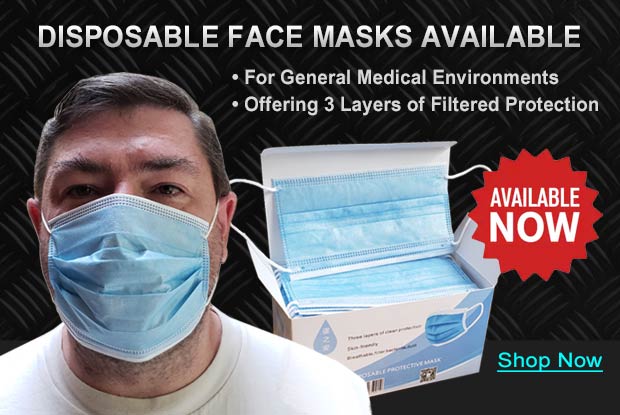 Procedural Mask Fasks with Earloops |
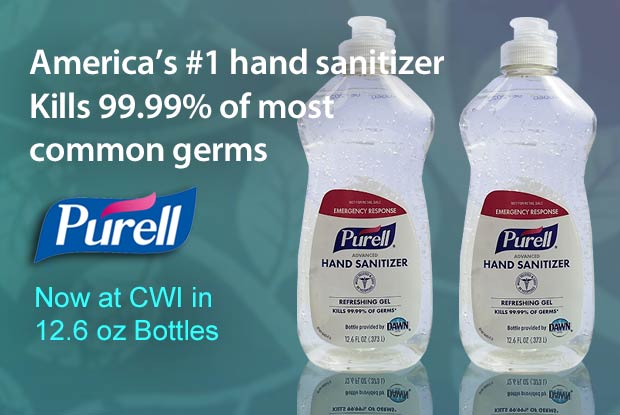 Purell Instant Hand Sanitizer |
| |
|---|
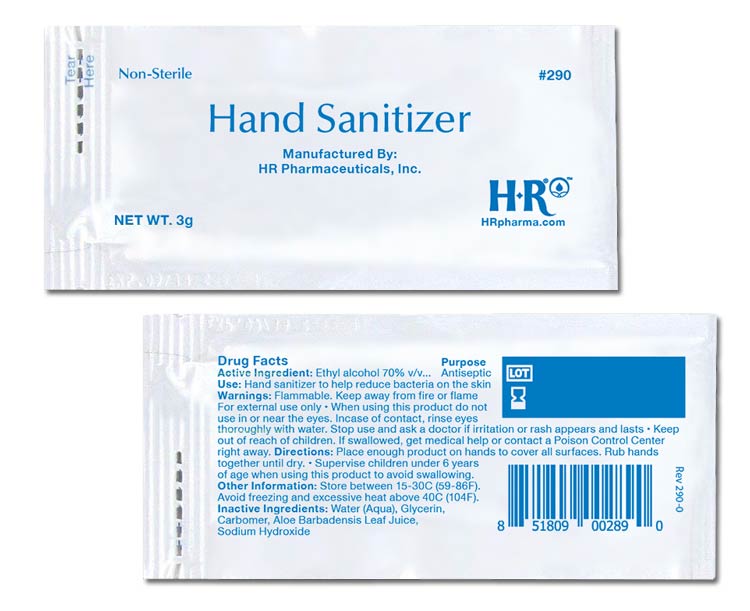 HR Hand Sanitizer 3 gm Portable Packets |
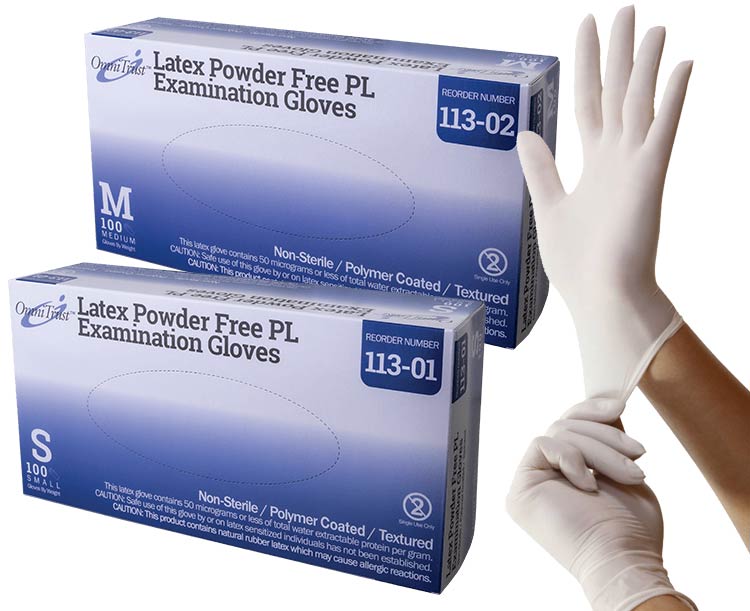 OmniTrust Powder-Free Latex Gloves |
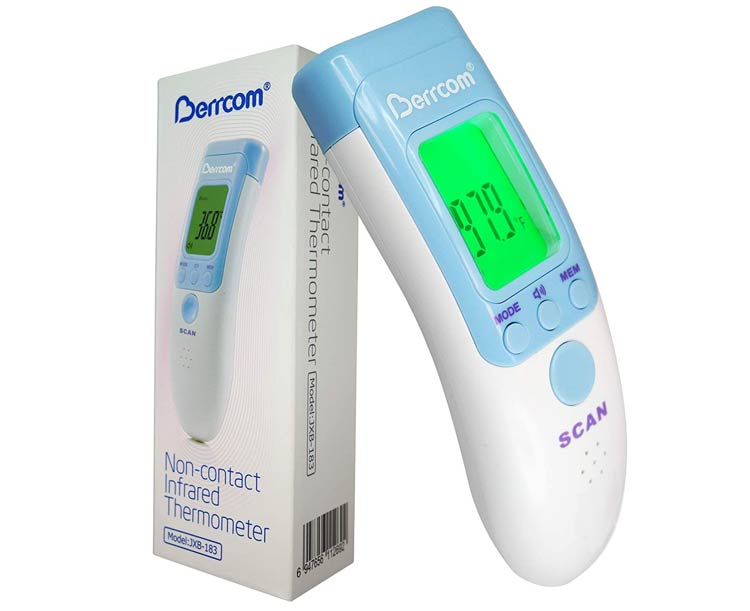 Berrcom Non-Contact Infrared Thermometer |
| Stay Connected! | |
|
|
|
Related Articles
For more information about the coronavirus, please visit the NYS Department of Health, www.health.ny.gov and the Centers for Disease Control, www.cdc.gov
References:
1. https://www.nature.com/articles/s41591-020-0843-2#Sec3
2. https://www.researchgate.net/publication/342198360_Association_of_country-wide_coronavirus_mortality_with_demographics_testing_lockdowns_and_public_wearing_of_masks_Update_June_15_2020
3. https://www.nejm.org/doi/full/10.1056/NEJMc2007800
4. https://www.cmaj.ca/content/192/15/E410
5. https://www.washingtonpost.com/business/2020/06/17/masks-salons-missouri/
Other References:
https://www.cdc.gov/coronavirus/2019-ncov/vaccines/faq.html
https://www.nbcchicago.com/news/local/can-you-spread-covid-after-receiving-vaccine/2478894/
https://www.clickondetroit.com/health/2021/04/01/can-you-spread-covid-after-being-vaccinated-heres-the-latest/
https://www.govexec.com/workforce/2021/04/whats-safe-do-after-you-get-covid-19-vaccine/173152/
https://www.who.int/emergencies/diseases/novel-coronavirus-2019/media-resources/science-in-5/episode-23---i-am-vaccinated-what-next?gclid=Cj0KCQjwgtWDBhDZARIsADEKwgNL_LX8PlfG_atC_Fs_ikajlgyoaSIGMDNRpo5-rDZsKU8DJYBovH0aAugEEALw_wcB
https://www.ucsf.edu/news/2020/06/417906/still-confused-about-masks-heres-science-behind-how-face-masks-prevent